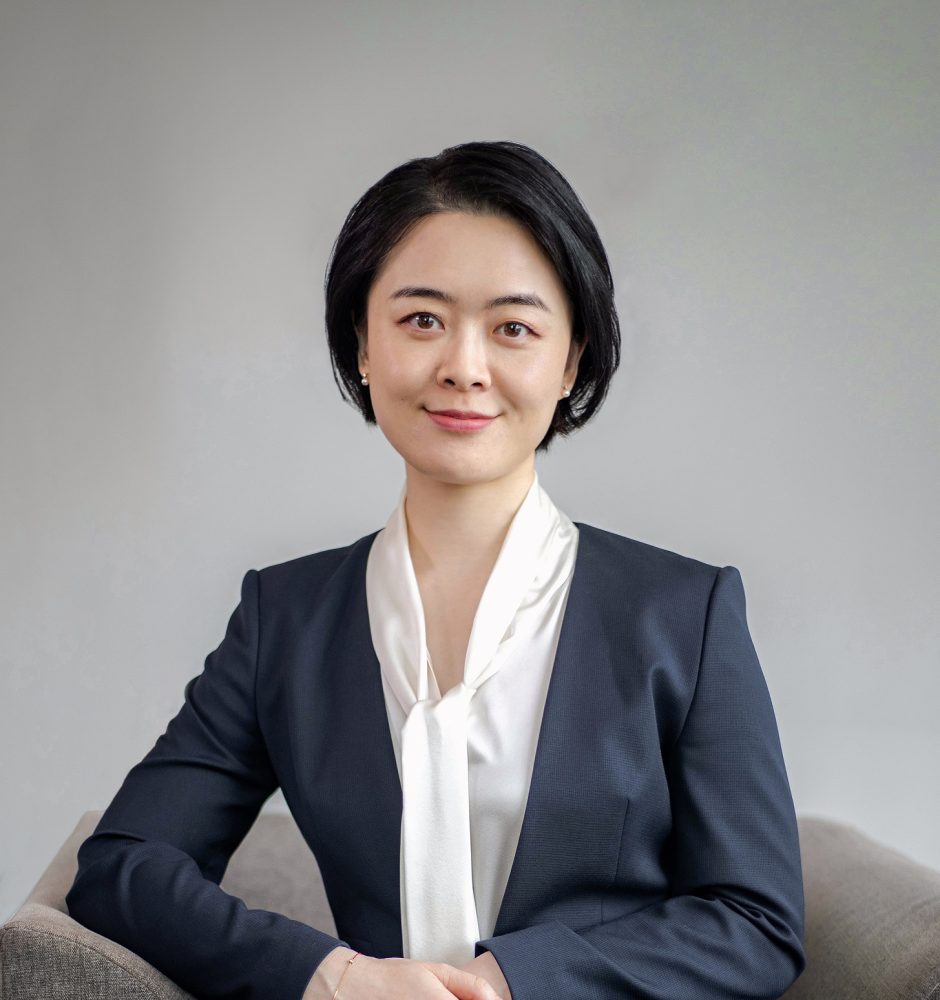In the late 19th century, Italian economist Vilfredo Pareto observed that 80% of the nation's wealth was controlled by just 20% of its population. This striking disparity later inspired American management theorist Joseph Juran to develop the renowned "80/20 Rule," which posits that 80% of outcomes typically stem from 20% of contributing factors.

3910 3103
KK 1337
Becker and Murphy proposed that task specialization raises productivity but is limited by the costs of coordinating workers. We propose that automation enables workers to specialize without coordination costs. To the extent that the cost of effort exhibits increasing differences, workers increase effort in nonautomated tasks and productivity. The proposition is supported by a field experiment among supermarket cashiers. Conventionally, supermarket cashiers perform two tasks: scanning purchases and collecting payment. Cashiers exhibited increasing differences in the cost of effort: when they scanned faster, they took longer to collect payments. We rotated cashiers between the conventional job design and one in which they specialized in scanning. The new job design increased cashier productivity in scanning by more than 10%. The faster scanning was not due to customer sorting or cashier learning. The proposition is also validated by a survey of taxi drivers. Drivers who reported that difficulties in finding their way affected their driving were more likely to use map apps.
This paper estimates the returns to an additional year of advanced undergraduate education among students who would otherwise graduate with a bachelor’s degree using administrative student records merged with survey data on earnings from the largest public university in Singapore. We use a regression discontinuity design that exploits the fact that in some faculties, enrollment in the fourth (honors) year is governed by a grade-based eligibility rule. Students with average grades in their third year just above the threshold are significantly more likely to complete the fourth year and have higher earnings after graduation relative to students who narrowly missed the grade cutoff. The implied earnings return to the additional year of college is about 12 % six months after graduation. Linked administrative tax data confirm persistent gains in the longer run for at least 4 years after graduation. Moreover, the return remains substantial even after the university lowers the threshold to encourage more students to enroll in the fourth year, suggesting an effect not entirely driven by signaling of student ability.





